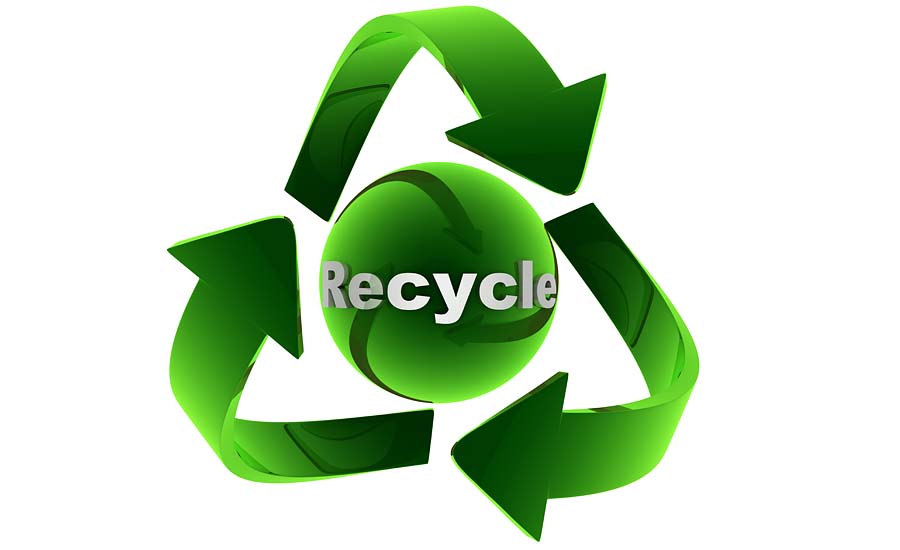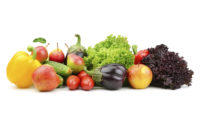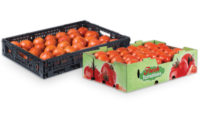IFCO Systems US, Tampa, Fla., released the results of its updated report, “Comparative Life Cycle Assessment of Reusable Plastic Container and Display- and Non-Display-Ready Corrugated Containers Used for Fresh Produce Applications (LCA),” showing IFCO’s reusable plastic containers (RPCs) deliver greater environmental savings for delivering fresh produce in North America than the use of single-use corrugated fiber containers.
“IFCO has a strong commitment to the environment, and IFCO RPCs have developed a well-deserved reputation as a sustainable option for fresh produce packaging,” says Daniel Walsh, president. “This study shows that RPCs – across the board – are the most sustainable choice for fresh food packaging compared to corrugated boxes.”
The LCA reviewed the environmental impact of RPCs and display-ready corrugated (DRCs) fiber containers and non-display-ready corrugated (NDCs) fiber containers for packaging apples, bell peppers, carrots, grapes, iceberg lettuce, onions, oranges, peaches/nectarines, tomatoes and strawberries.
The study revealed that in all eight examined environmental indicators—energy demand, global warming potential, ozone depletion potential, water consumption, acidification, eutrophication, photochemical smog, solid waste generation—the IFCO RPCs provide greater environmental savings for delivering produce in North America than does the use of fiber corrugated containers for these commodities.
Compared to display-ready corrugated boxes, RPCs:
- Produce 31% less global warming potential (carbon dioxide equivalents).
- Produce 86% less solid waste.
- Consume 80% less water.
- Require 64% less energy.
- Contribute significantly less environmental pollution (85% lower eutrophication, 78% lower ozone depletion, 66% lower acidification and 42% less photochemical smog).
The LCA was conducted by Franklin Associates, a Prairie Village, Kan.-based life-cycle assessment (LCA) and solid waste management consulting firm, in accordance with ISO standards 14040 and 14044. Franklin looked at the sustainable attributes of RPCs, DRCs and NDCs used to package, transport and display fresh produce. Results were peer-reviewed by packaging and LCA experts, including experts from the School of Packaging at Michigan State University, the Center for Sustainable Systems School of Natural Resources and Environment at the University of Michigan and Mary Curran, an LCA consultant and editor-in-chief of the International Journal of Life Cycle Assessment.
“IFCO’s share and re-use business model is an important part of the drive toward a circular economy that results in zero emissions and zero waste. We will continue to advance the sustainability of our products and operations in the months and years ahead, so that we can preserve the world’s natural resources for future generations,” adds Walsh.


